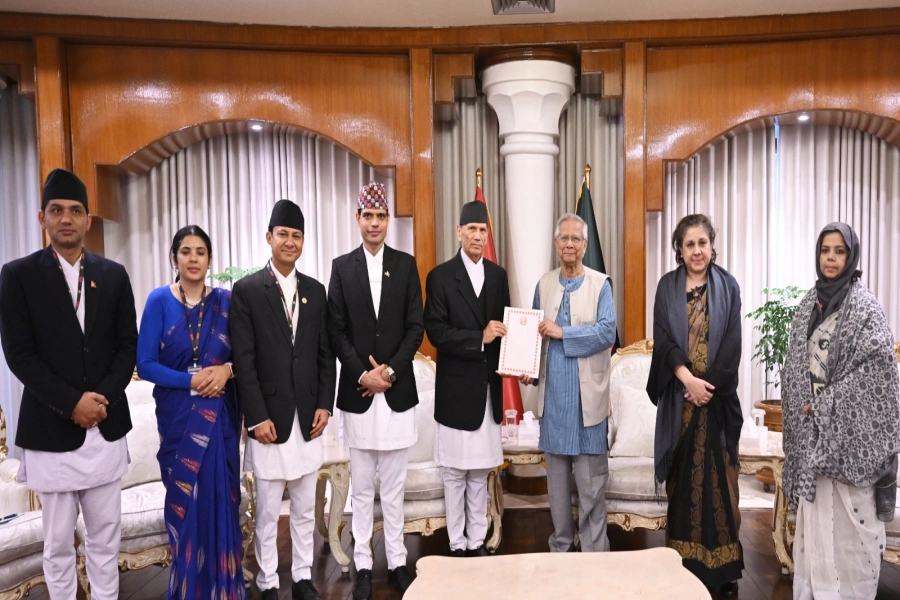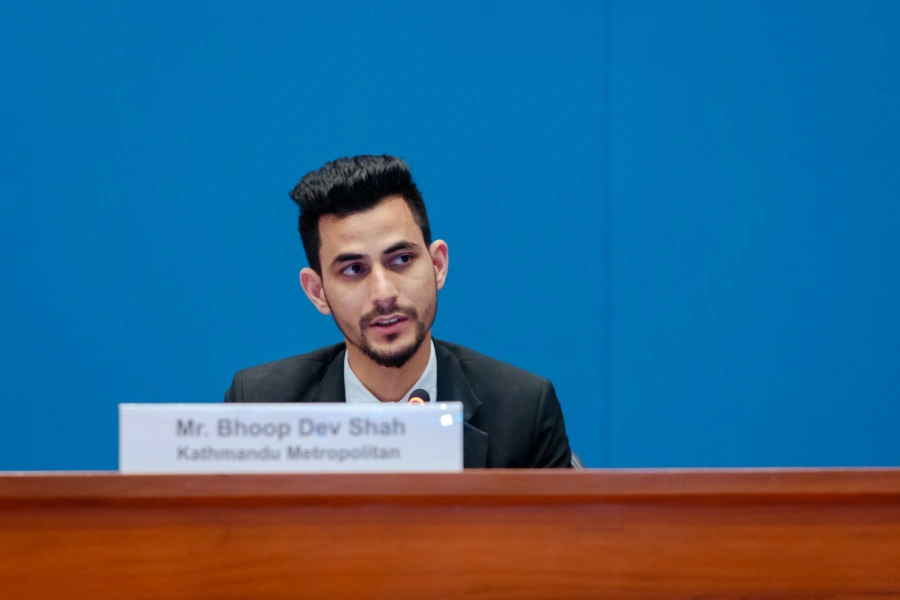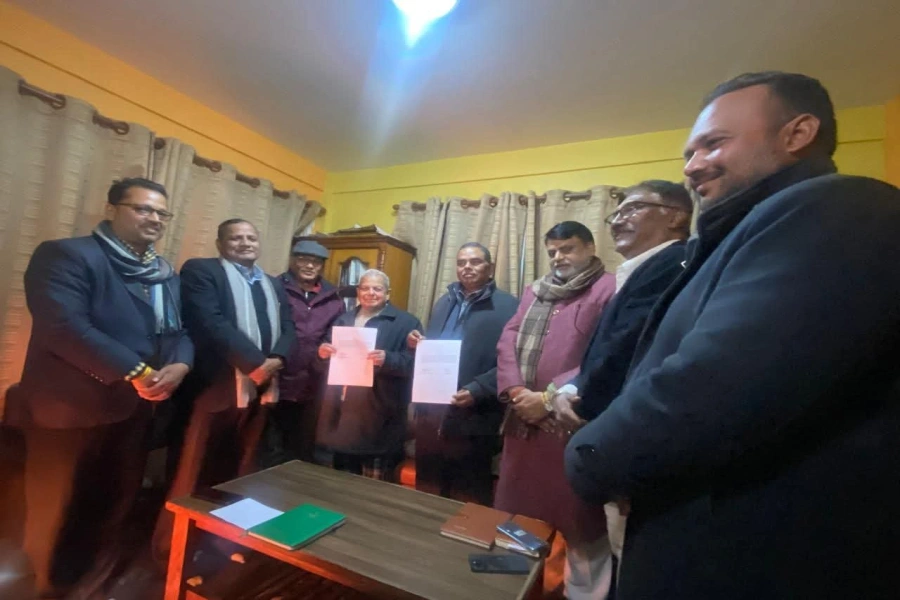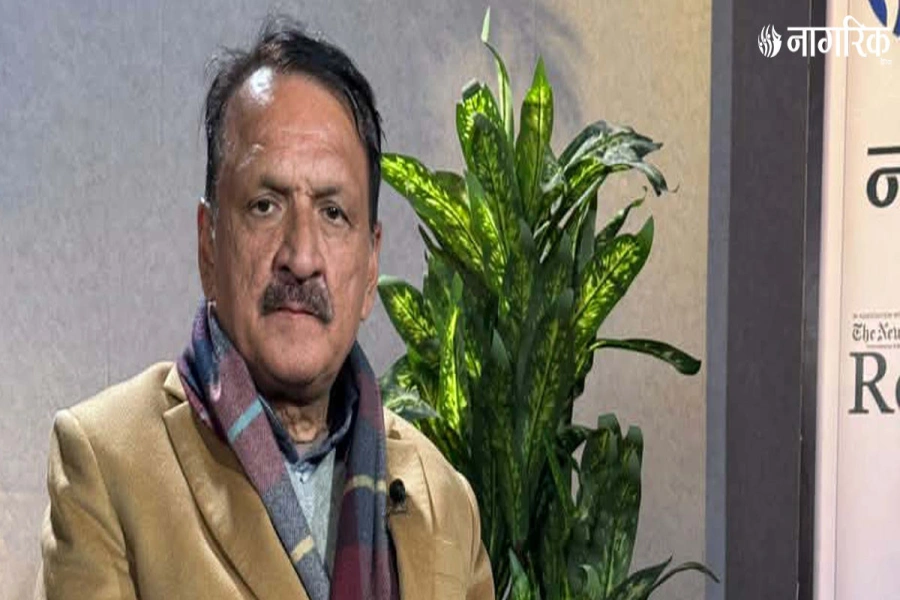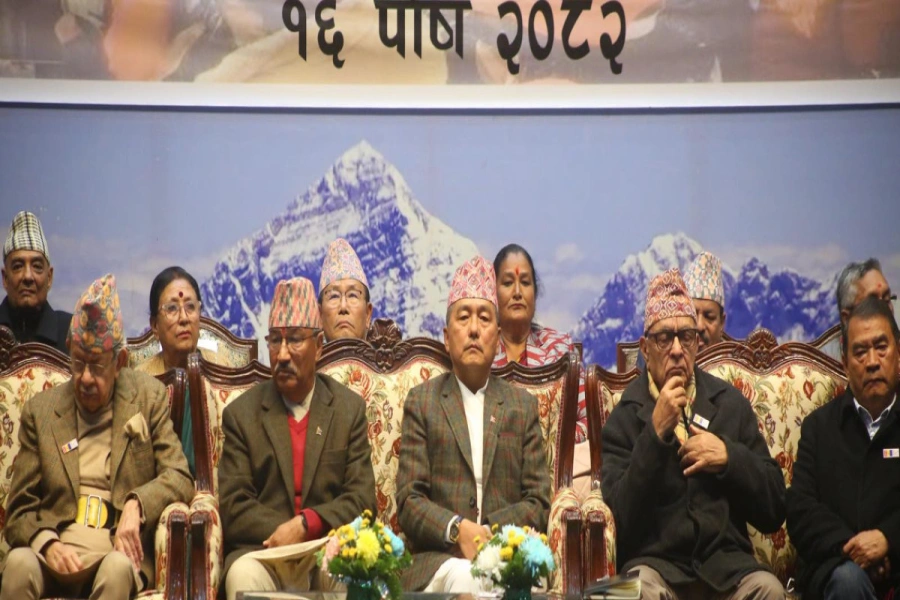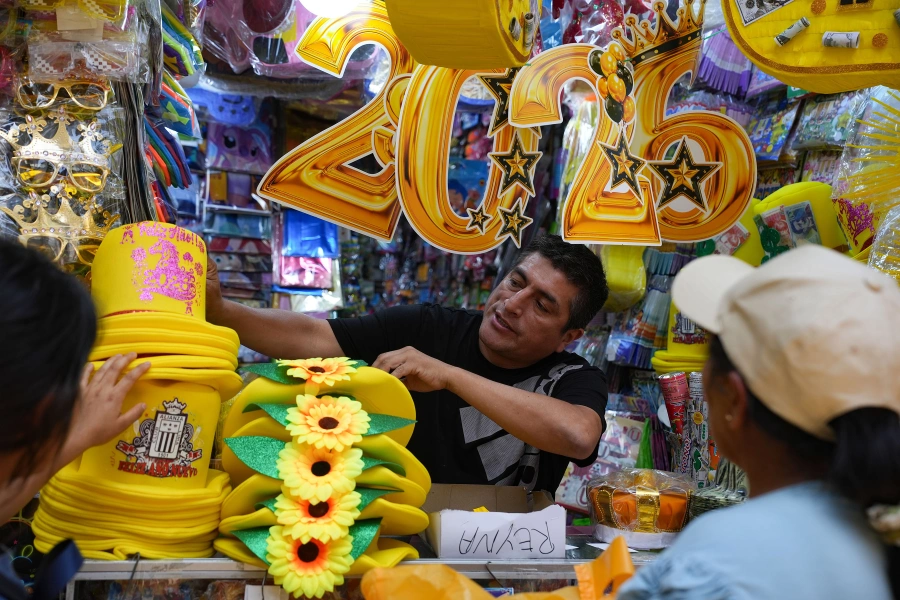Protecting personal data while traveling to digitally invasive places
Nepal is one of the few countries in the world that is virtually very lenient. Majority of the countries in the rest of the world exercise a variety of censorship and surveillance over the use of internet within their boundaries. While this exploits the privacy of the citizens of that country every single day, even tourists who visit the country are not safe from this perusal. Govinda Shah, technical coordinator at Mercantile Communication Pvt. Ltd, shares some tip on how we can travel safely while visiting these digitally invasive places.
How you could be monitored
The first very obvious way your digital information can be surveyed is when you don’t have the possession of your digital device, like when you have to hand over your gadget when you are passing through the detectors or customs when you are crossing international borders. Places like the United States have made severe laws to check up on this, to the point that airport or customs officials can actually seize and look through your digital data even when you are not suspected of doing anything illegal or breaking the law in any form. Although this sounds very basic, don’t hand over your gadgets willingly to another person.
Assessing privacy law

Remember that person you give your phone to, say to take a picture, might just bolt with your phone.
The other way of tracking your data is through internet freight. When you use the communication amenity in a country, you could very easily be tracked and surveyed. This applies not just to communication over the internet but direct calls and texts too. Russia has actually just started actively monitoring calls and texts.
Steps you could take to minimize the amount of personal data that leaks out
First things first, if there’s an obvious attempt at intercepting your devices physically at airports or borders, then you can’t prevent the officials from thoroughly going through (and collecting) data from your gadgets. But you can be careful to not leave your gadgets at hotels when you check out, or in taxis etc.
Be wary of free WiFi hotspots you find in a country that monitors digital data. That is primarily where they get you. People are so dependent on the internet that almost everyone immediately starts connecting their phones to free public WiFi hotspots whenever there seems to be one available. So simply don’t connect your devices to these free networks to avoid being hacked.
Make sure to avoid logging on to or and limit using apps or websites that are not authorized. You can use apps like Facebook, Twitter, and YouTube but make sure to not click on any links there that will direct you to other websites or apps. Also turn off automatic syncing on all your apps. Sometimes, your apps are also connected to some third party applications that aren’t as secure as the prime app and that might be from where your data is leaking digitally.
Another tip is to use a proxy server or a VPN (Virtual Private Network). VPN connects the gadgets that you are traveling with to a secure server so that you can avoid internet censorship and intrusion. And a proxy server secures your web browser from interference. So the use of these will block out most of the intrusive activities that might affect your digital privacy.
For the ultra paranoids
If you are someone who really does not want to leak out any tidbit data through digital media, then your best bet is abandoning the use of them when you are traveling to destination that tracks data digitally. But that’s not really possible in today’s world. So, what you could do is buy a cheap gadget that has all the basic functions you will use during your travel and use that instead of your regular phone. If you are taking this extreme measure then also make sure to make a temporary email address to use during this time and use that instead of your primary email. Dispose this gadget before you get out of the airport to make sure that you can’t be tracked down.




